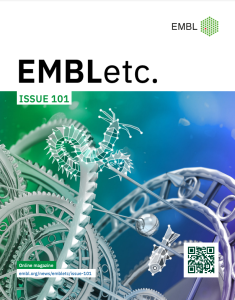24 September 2024
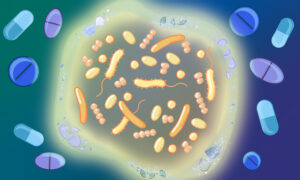
Science & Technology
EMBL Heidelberg researchers compared the effect of drugs on isolated bacteria versus those growing in communities. This is the first study showing that bacteria are more resilient when in community due to cross-protection strategies. This could help researchers design more efficient therapies.
11 September 2024

People & Perspectives
Julia Mahamid and Nassos Typas reflect on the direction of the Molecular Systems Biology Unit they now lead at EMBL Heidelberg.
17 October 2023
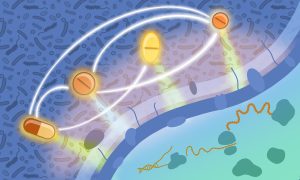
Science & Technology
In an extensive investigation, EMBL researchers have tested over 10,000 drug combinations against some of the leading pathogenic bacteria carrying antimicrobial resistance and causing mortality.
2023
sciencescience-technology
21 December 2022

Lab MattersScience & Technology
To identify which drugs disrupt bacterial envelope integrity, the Typas group uses a molecule called chlorophenyl red-β-D-galactopyranoside.
2022
lab-matterspicture-of-the-weekscience-technology
18 July 2022
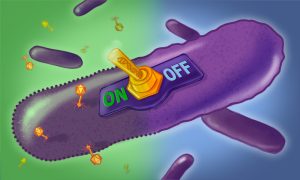
Science & Technology
EMBL researchers now understand the function of an elusive small DNA in bacteria and have developed a tool that can be used to better understand what might ‘switch on’ bacterial immune defences.
2022
sciencescience-technology
6 July 2022

EMBL AnnouncementsLab Matters
Cornelius Gross, Miki Ebisuya and Nassos Typas join EMBO, the prestigious organisation for the life sciences.
2022
embl-announcementslab-matters
13 October 2021
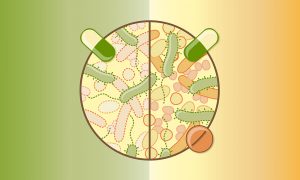
Science & Technology
Researchers from EMBL’s Typas group and collaborators have analysed the effects of 144 antibiotics on the wellbeing of gut microbes. The study improves our understanding of antibiotics’ side effects and suggests a new approach to mitigating the adverse effects of antibiotics therapy on gut…
2021
sciencescience-technology
8 September 2021
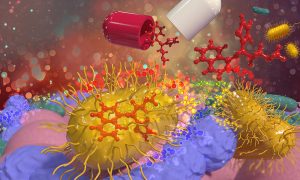
Science & Technology
A new collaborative study led by EMBL group leaders Kiran Patil, Nassos Typas, and Peer Bork has found that common medications accumulate in human gut bacteria. This process reduces drug effectiveness and affects the metabolism of common gut microbes, thereby altering the gut microbiome.
2021
sciencescience-technology
7 July 2021
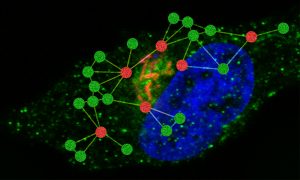
Science & Technology
Research in the Typas group uncovers new details of the strategies Salmonella uses to survive in infected cells.
2021
sciencescience-technology
15 March 2021

EMBL AnnouncementsLab Matters
Nassos Typas has received the German VAAM Research Award.
2021
embl-announcementslab-matters
16 February 2021
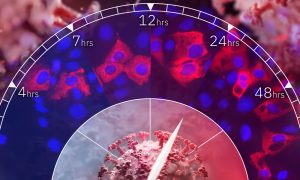
Science & Technology
A team of EMBL scientists and colleagues have analysed how the novel coronavirus affects proteins in human cells. They identified several human proteins as potential drug targets to prevent viral replication.
2021
sciencescience-technology
9 December 2020
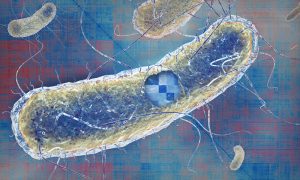
Science & Technology
A new paper from EMBL’s Savitski team and Typas group describes their work on E. coli and how it brings a greater understanding of the way genes function and interact.
2020
sciencescience-technology
16 July 2020

EMBL AnnouncementsLab Matters
Three changes in senior staff positions have been confirmed at EMBL today. Jessica Vamathevan becomes Head of Strategy, Jan Korbel becomes Head of Data Science for EMBL Heidelberg, and Nassos Typas becomes Senior Scientist.
2020
embl-announcementslab-matters
8 June 2020
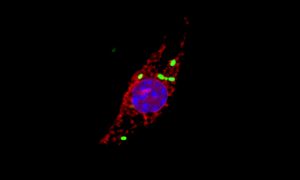
Science & Technology
Scientists including members of EMBL’s Typas group have investigated how immune cells called macrophages respond to infection by the intracellular pathogen Salmonella enterica. They discovered that Salmonella causes newly produced cathepsins to accumulate in the nuclei of infected cells to…
2020
sciencescience-technology
16 April 2020

Science & Technology
Scientists at EMBL Heidelberg are contributing their expertise in a community effort to develop large-scale testing methods for coronavirus. Their goal is to increase the capacity and speed of testing, which is crucial for containing the pandemic.
2020
sciencescience-technology
15 April 2020
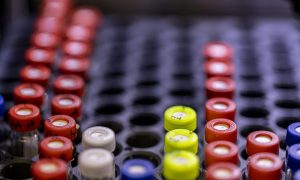
Science & Technology
EMBL researchers are studying how drugs that have shown good results against COVID-19 work in living cells
2020
sciencescience-technology
2 April 2020

ConnectionsLab Matters
Three international teams involving EMBL Heidelberg have been granted funding from the European Commission for three Twinning projects with institutes in Portugal and the Czech Republic.
2020
connectionslab-matters
22 November 2018

Lab Matters
Nina Kathe, Winner of the EU Contest for Young Scientists visits EMBL
6 July 2018
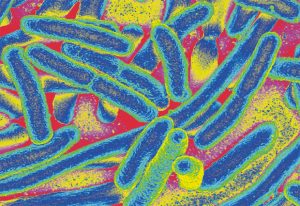
Science & Technology
EMBL scientists investigate how bacteria melt to study their reaction to drugs
2018
sciencescience-technology
4 July 2018
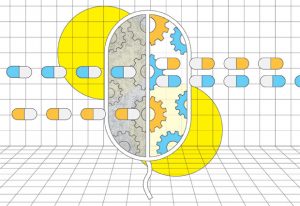
Science & Technology
Combining antibiotics with each other, non-antibiotic drugs or food additives can alter their effectiveness
2018
sciencescience-technology
19 March 2018
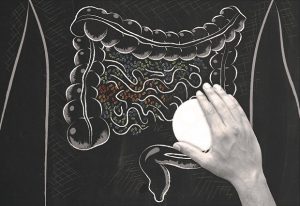
Science & Technology
One in four drugs with human targets inhibit the growth of bacteria in the human gut, and may promote antibiotic resistance, EMBL researchers report in Nature
2018
sciencescience-technology
19 March 2018
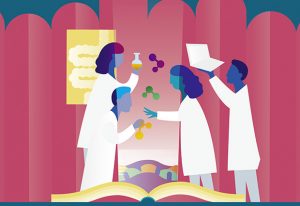
Science & Technology
EMBL scientists show how to grow a wide range of gut bacteria in the lab
2018
sciencescience-technology
18 December 2014

Science & Technology
How do E.coli and similar bacteria grow safely? By using barrel-plugs as sensors.
2014
sciencescience-technology
No matching posts found























